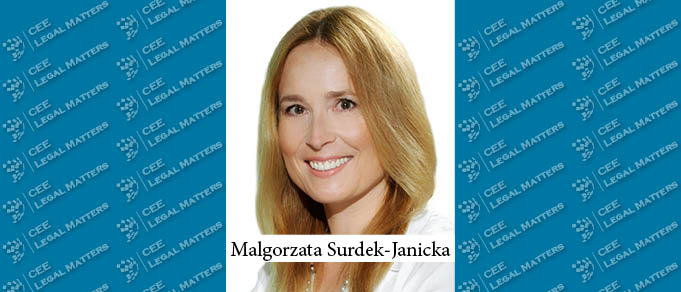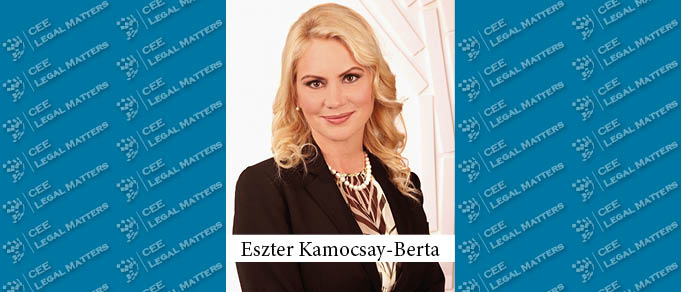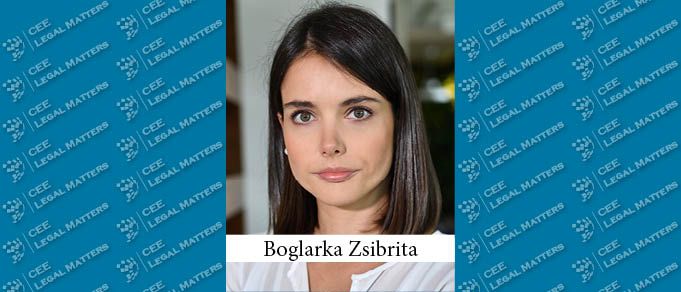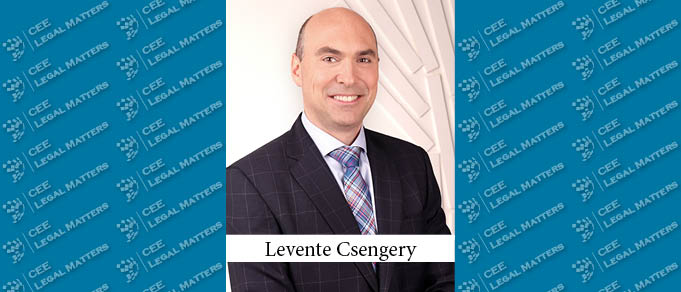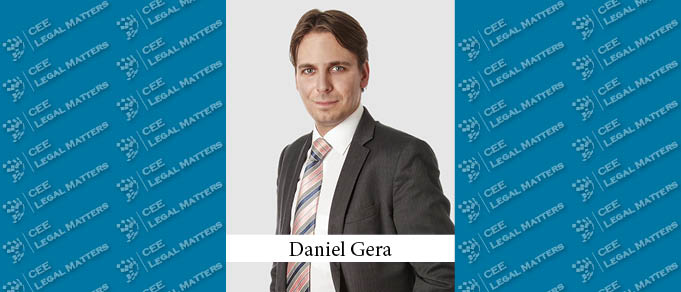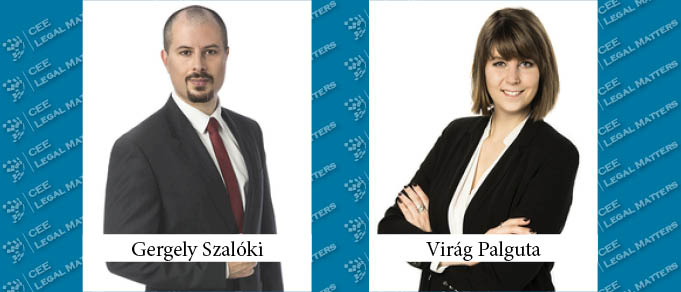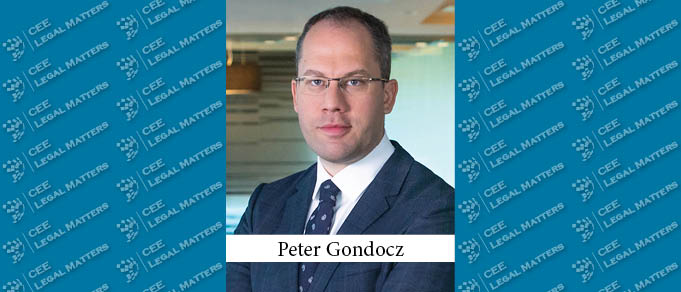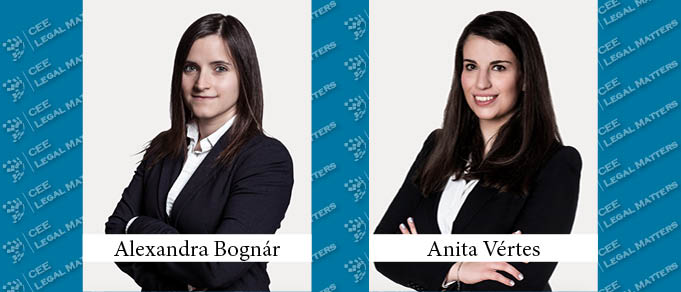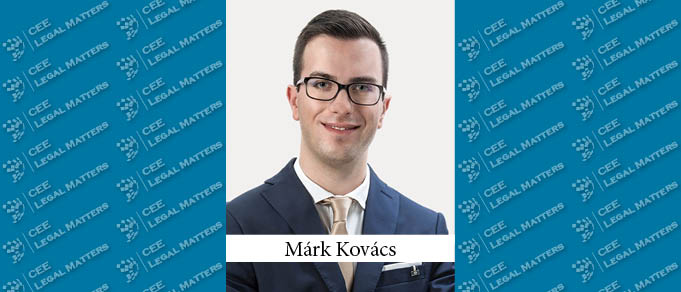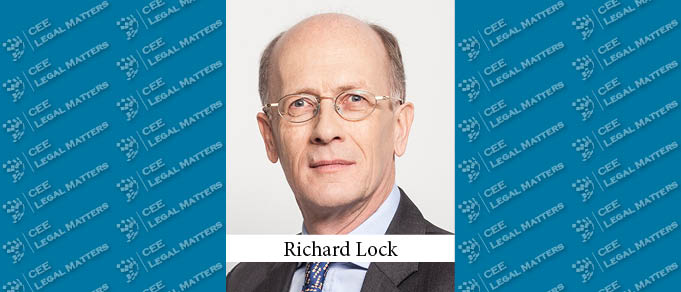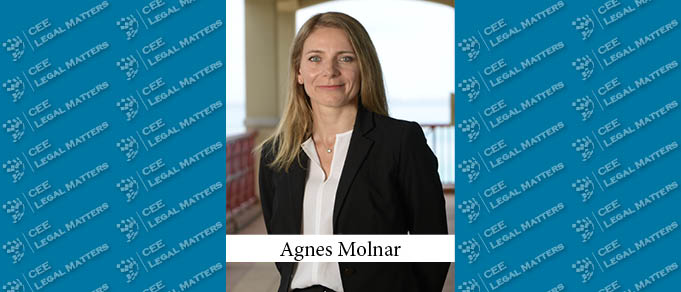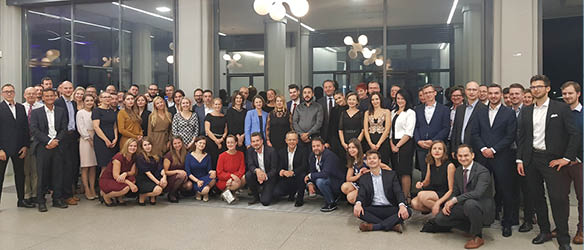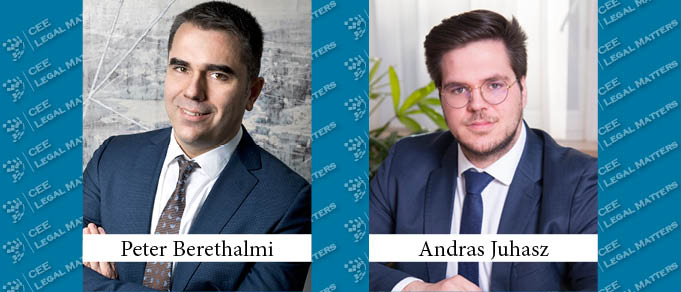CMS' Malgorzata Surdek-Janicka has been appointed as Vice-President of the International Court of Arbitration at the International Chamber of Commerce in Paris. Aside from Surdek-Janicka, 33 lawyers from CEE were appointed as members and alternate members of the court.
Material Compensation for Delay in Civil Proceedings from 1 January 2022
By ratifying the European Convention on Human Rights in 1992, Hungary has committed itself to ensure the right to a fair trial within a reasonable time and to guarantee the right to an effective remedy for any violation of this right. In its judgment in Gazso v. Hungary, the European Court of Human Rights called on Hungary to establish a domestic remedy capable to handle the structural deficiencies identified in the judgment. As a result, at the end of June 2021, a new Act on the Enforcement of Material Compensation for Delay in Civil Proceedings was published in the Hungarian Official Gazette, which will enter into force on 1 January 2022. The Act establishes a new legal remedy for compensation for fundamental rights violations, called ‘material compensation’ which is different from the general compensation (in Hungarian: “kartalanitas”), indemnification or non-pecuniary compensation (in Hungarian: “serelemdij”).
A Single Register of Legal Entities Is to Be Created in 2023
Currently, legal persons and organizational entities are registered by various courts and authorities: companies are registered by the court of registrations, civil organizations by the courts of law, while investment funds, for example, are registered by the Hungarian National Bank. The data content and operation of these registers also differ.
COVID Tax Measures Updated in Hungary
Latest tax reliefs aim to support tourism and travel industry in Hungary, as tourism was one of the most affected sectors by COVID pandemic. In order to boost the restart of domestic tourism, the latest governmental decree of 381/2021 introduced several new tax measures, mainly for this sector. As a result, tourism development contribution of 4% is still not payable by the end of 2021.
Not Even Loan Contracts Are Set In Stone
A common stereotype prevails that banking contracts are non-negotiable, and borrowers hardly have a say in the terms of their contracts. However, this is not the case: like any economic operator, banks are also willing to compromise. Banks’ flexibility varies depending on who and when is seeking preferential treatment and on the contractual terms subject to negotiations.
Hungary Bans Single Use Plastic Products
On 1 July 2021, a new Government decree enters into force in Hungary, prohibiting the placing on the market of certain single-use plastic products and products made from oxo-degradable plastic. The decree was published in Hungary's Official Gazette on 1 June.
36 Month-Long Working Time Frame is Not Unconstitutional
The constitutional court has rejected a motion against the amendment of the Hungarian Labour Code in 2018, however, it stated the Parliament’s legislative omission. In 2018 the Hungarian Parliament adopted an amendment to the Hungarian Labour Code that resulted in the extension of the maximum duration of the working timeframe in a collective agreement up to 36 months if it is justified by objective or technical reasons, or reasons related to work organisation.
New Rules for Copyright and Geographical Indications
The European Commission published the Digital Single Market Strategy for Europe in 2015, the aim of which is the creation of a modern and more European copyright framework system. The Commission presented in 2016 its legislative proposals to modernise EU copyright law, which resulted in the adoption of two directives: one laying down rules on the exercise of copyright and related rights applicable to certain online transmissions of broadcasting organisations and retransmissions of television and radio programmes (“SatCab Directive”) and another on copyright and related rights in the Digital Single Market (“CDSM Directive”).
Tax on Cryptocurrencies to be Halved in Hungary
Hungary announced to cut the tax on cryptocurrency earnings by 50% to encourage investors to declare income from trading digital tokens such as Bitcoin. The Hungarian Parliament accepted the tax package for 2022 on 9 June 2021. The package contains inter alia significant simplification and tax reduction with regards cryptocurrencies.
Hot Practice in Hungary: Daniel Gera on Schoenherr's Employment and Privacy Practice in Hungary
While the pandemic negatively affected a plethora of legal practices, this does not seem to be the case with employment and privacy, according to Schoenherr Counsel Daniel Gera who says that it has been the principal driver of work recently.
A New Era in Crowdfunding Begins: The Single European Regulatory Framework
Crowdfunding is a type of intermediation where the service provider operates a platform (e.g. website) open to the public. The purpose of that platform is to match enterprises seeking financing with prospective investors. The enterprises typically receive small amounts of money from many investors (usually natural persons), via lending (lending-based crowdfunding) or investment into shares (investment-based crowdfunding). Some of the best-known crowdfunding platforms are Kickstarter or Indiegogo. By introducing a single European regulatory framework, the uncertain Hungarian legal environment might change, potentially giving a boost to the crowdfunding market.
Foreign Direct Investment in Central Europe: Hungary
The global pandemic has impacted all markets, with subsequent ramifications for M&A. Investors are now seeking greater protection against general lock-downs and supply-chain disruptions, while governments aim to protect critical supplies and services by imposing new regulations on foreign investment in crucial or strategic industries. If you are considering investment opportunities in Hungary, take a look at this overview to get insight into the regulations on foreign investment in strategic industries.
Coming up Next: UBO Register in Hungary
Hungary was one of the last EU countries to introduce a register of ultimate beneficial owners. While the provisions of the Fourth and Fifth AML Directives were already implemented in the Hungarian AML Act, the technical conditions on the actual operation of the UBO register were only adopted by Act XLIII of 2021 ("UBO Register Act") and are in force as of 22 May 2021.
Hungary Implemented CDSM and SatCab Directives, Most Rules Effective 1 June 2021
Hungary is one of the first countries in CEE to fully implement Directive 2019/790 on Copyright in the Digital Single Market ("CDSM Directive") and Directive 2019/789 ("SatCab 2.0 Directive"). The so-called "Copyright Reform Act" (Act XXXVII of 2021) was published in the Official Gazette on 6 May 2021, and the majority of the new rules will be effective as of 1 June 2021.
Transportation and Infrastructure in Hungary
In any economy transport infrastructure is vital for enabling the flow of goods and people. Two salient features of the transport environment in Hungary are the country’s location “between East and West” and, within the country, the significant work which has been done to develop the motorway network. Many of the issues referred to below can be traced back to one or both those factors.
The Long Path to Paradise: Hungarian Lawyer Agnes Molnar Follows Her Muse Across the World
Starting from modest beginnings in the small Hungarian city of Eger, Agnes Molnar’s career has taken her across the world, from small local law firms to the Magic Circle, from state entities to global banks, and from Budapest to London to Vienna to Montreal. Now, some 10,000 kilometers away from her home country, she is a Partner at Travers Thorpe Alberga in the Cayman Islands. If, as the Chinese proverb has it, a journey of a thousand miles begins with a single step, Molnar is already half-way there.
The Pontes Perspective on CEE
The COVID-19 crisis continues to plague much of Europe. To get an overview of its effects across CEE – both on investment in the region and on the legal industry itself – we reached out to the members of Pontes the CEE Lawyers legal alliance, a Regional Sponsor at the upcoming Dealer’s Choice International Law Firm Summit.
Hungary: Payment Agents in Construction
The chain of general contractor and subcontractors behind large-scale construction and the occasional failure of certain subcontractors to obtain proper payment gave birth to the institution of construction payment agent, a form of collateral management. It was typical in the construction industry that subcontractors were exposed to circle debt. The construction payment agent is a unique statutory solution to eliminate such debts.

